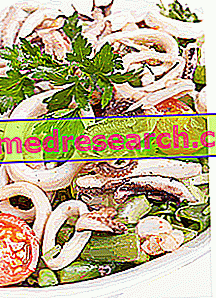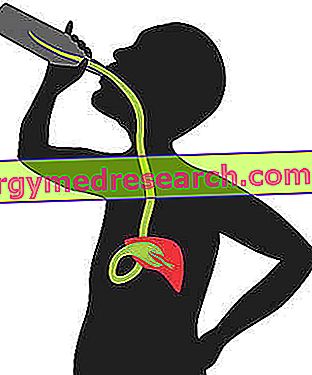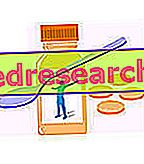mental education in the field of psycho-neuro-endocrine-connective-immunology
By Dr. Giovanni Chetta
» Introduction
» Stress and its mechanisms
An energy of adaptation
» The stress reaction or response
First phase: alarm
Second phase: resistance
Third phase: exhaustion
Birth of psychoneuroimmunology
Scheme: Stress reaction
What the final effect depends on
Scheme: Mechanism of cognitive and non-cognitive filters
» Consequences of chronic stress
The 5 phases of chronic distress
Table: Some problems and pathologies in which stress is implicated
Table: Some of the main symptoms of stress
» Stress management
Stress and immune depression
Stress and cellular life
Stress and nutrition
Stress and neuro-associative conditioning
Stress and psychic tension
Stress and physical tension
» Conclusion
Appendix: "mental" advice
» Bibliography
Introduction
It is clear that a basic problem of modern society is chronic stress. In fact, in an unstoppable crescendo, it is threatening the health and quality of human life throughout the industrialized world. The consequences are innumerable problems, ranging from discomfort to serious, mental and / or physical illnesses.
The mind-body union is now unanimously recognized after the scientific demonstrations of psychoneuroimmunology. Mind and body, states of mind, thought and physiological reactions are closely integrated and condition each other instant by instant. Psychic well-being and physical well-being are two essential aspects of each other.
"The animal motor man", with the passing of the years, suffers more and more the influence of the conscious mind, mistakenly considered superior. In reality it often generates in us, through preconceptions, prejudices, limiting beliefs, conditionings, etc., vicious mental circles capable of involving, in the long or short term, physical as well as mental illnesses.
Today, thanks to the continuous development of neuroscience, new psychotherapies and "mental technologies" have been developed, as well as integrated support programs, capable of resolving, even in the short term, numerous psychological problems leading to an increase in awareness and control over one's own states of mind, then on behavior.
Mental education is an integral part of any wellness program.
Stress and its mechanisms
An energy of adaptation
In 1936, neuroendocrinologist Hans Selye provided the first scientific definition of stress. The term had been borrowed from engineering, which used it to indicate the effort, the tension to which a material was subjected. Selye observed that experimental animals subjected to different stimuli manifested a common syndrome characterized by adrenocortical hypertrophy, atrophy of the thymus and lymphatic glands and gastric ulcers. Selye tried to establish a relationship between the dangerous or threatening external stimulus ( stressor ) and the internal biological reaction of the organism ( response or stress reaction ). Observing the mammals, the scholar noted that they responded to stimuli of different nature with a very similar physiological reaction, characterized by the common state of activation of the hypothalamic-cortico-adrenal axis, with production and secretions of glucocorticoids; he concluded that stress is the "strategic" response of the organism in adapting to any requirement, both physiological and psychological, to which it is subjected . In other words, it is the non-specific response of the organism to every request made on it .
The vital energy of the human body comes from the food substances with which it feeds. The way in which the organism exploits this vital energy depends above all on that natural and subjective process that we can define as "stress reaction". Stress therefore causes a physiological reaction, stress reaction, as a response to the needs caused by external stimuli (stressor), which mobilizes the available resources in order to produce a special energy, high yield, definable as "stress energy". The biochemical process that releases this energy is a natural reaction that is repeated in the body every day, as often as necessary. In other words, stress implies an increase in activities of natural functions stimulated by certain hormones, in particular adrenaline, noradrenaline; it therefore corresponds to an intensification of vitality that allows the organism to adapt and react to changing circumstances. For this reason, Hans Selye identified stress with the adaptive energy we experience every day.



